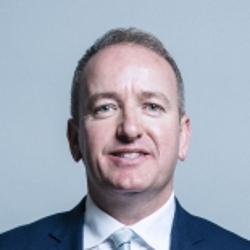Brain: Injuries
(asked on 30th August 2024) - View SourceQuestion to the Department of Health and Social Care:
To ask the Secretary of State for Health and Social Care, what steps he is taking to help (a) raise awareness of the symptoms of brain aneurysms and (b) improve training for GPs to recognise those symptoms.
Through neurosurgery networks, NHS England will engage with referring clinicians to ensure that patients receive appropriate assessments, diagnostics, and referral pathways to a neuroscience centre when required.
Moreover, the standard of medical training is the responsibility of the General Medical Council (GMC), which is an independent statutory body. The GMC has the general function of promoting high standards of education and co-ordinating all stages of education to ensure that medical students and newly qualified doctors are equipped with the knowledge, skills, and attitudes essential for professional practice.
The training curricula for speciality trainees is set by the relevant Royal College, and has to meet the standards set by the GMC and be formally approved by them. The training curriculum for general practitioner specialty training is set by the Royal College of General Practitioners. Whilst curricula do not necessarily highlight specific conditions for doctors to be aware of, they instead emphasise the skills and approaches that a doctor must develop in order to ensure accurate and timely diagnoses and treatment plans for their patients.
General practitioners are responsible for ensuring their own clinical knowledge remains up-to-date and for identifying learning needs as part of their continuing professional development. This activity should include taking account of new research and developments in guidance, such as that produced by the National Institute for Health and Care Excellence, to ensure that they can continue to provide high quality care to all patients.

